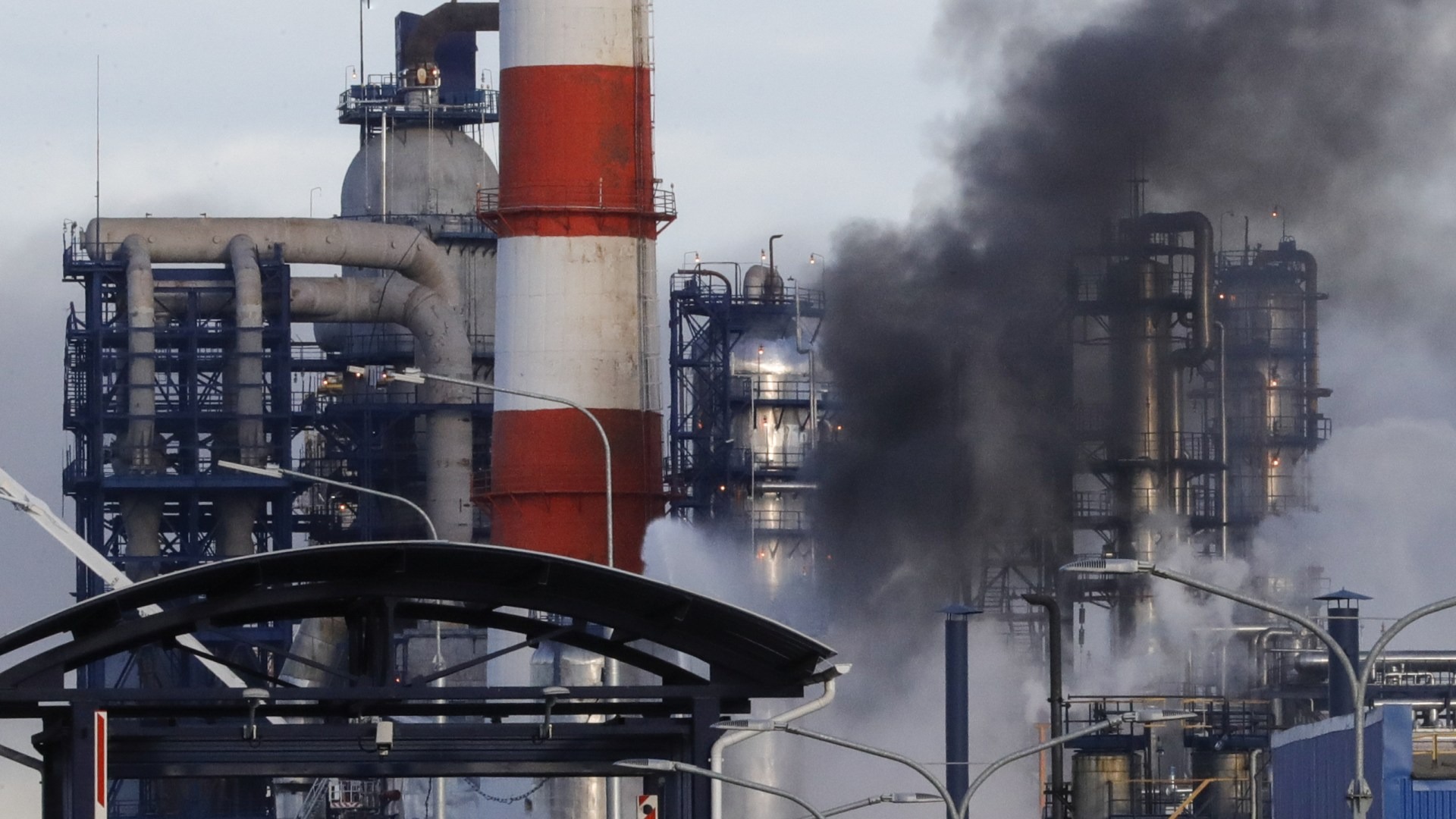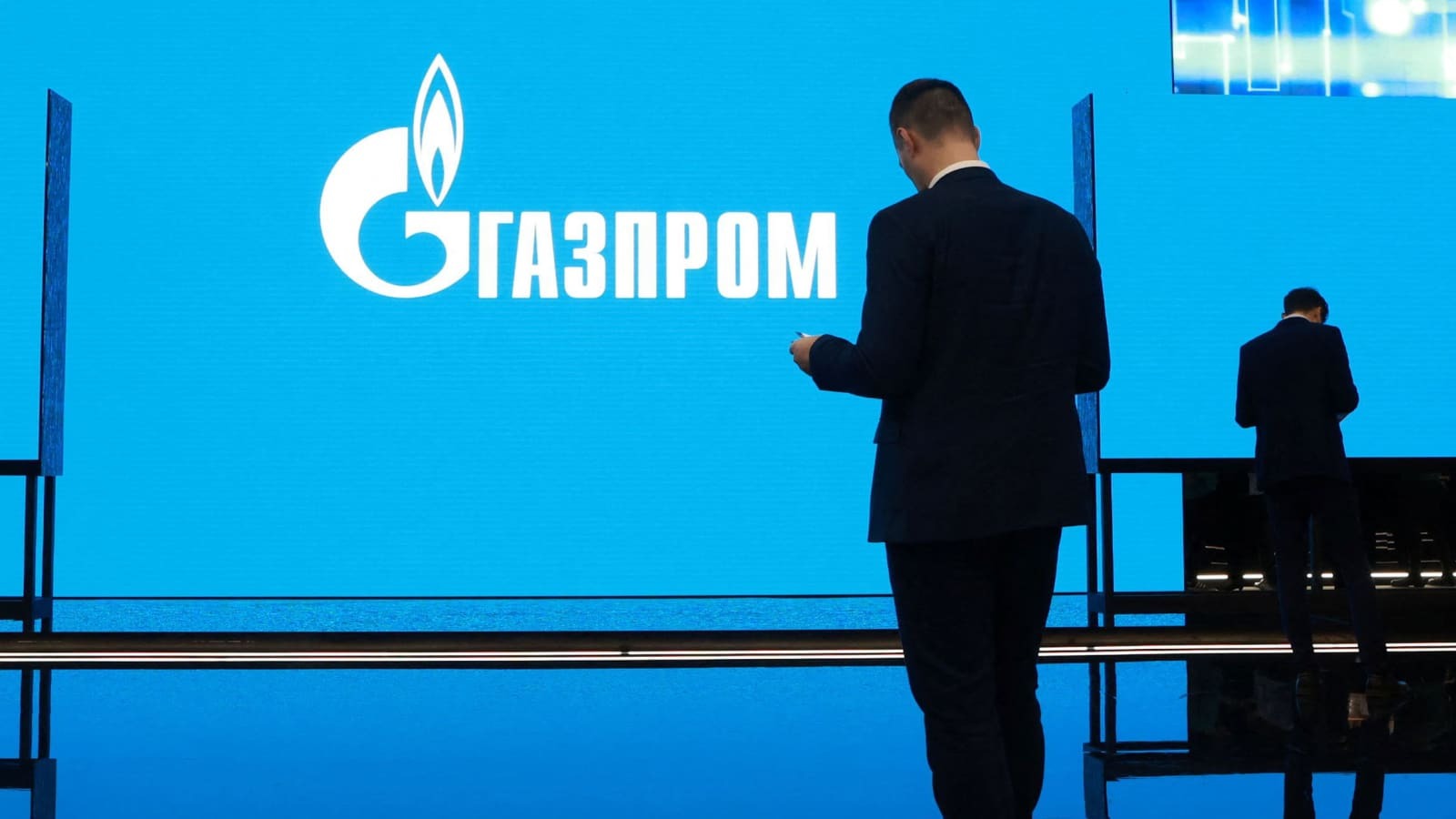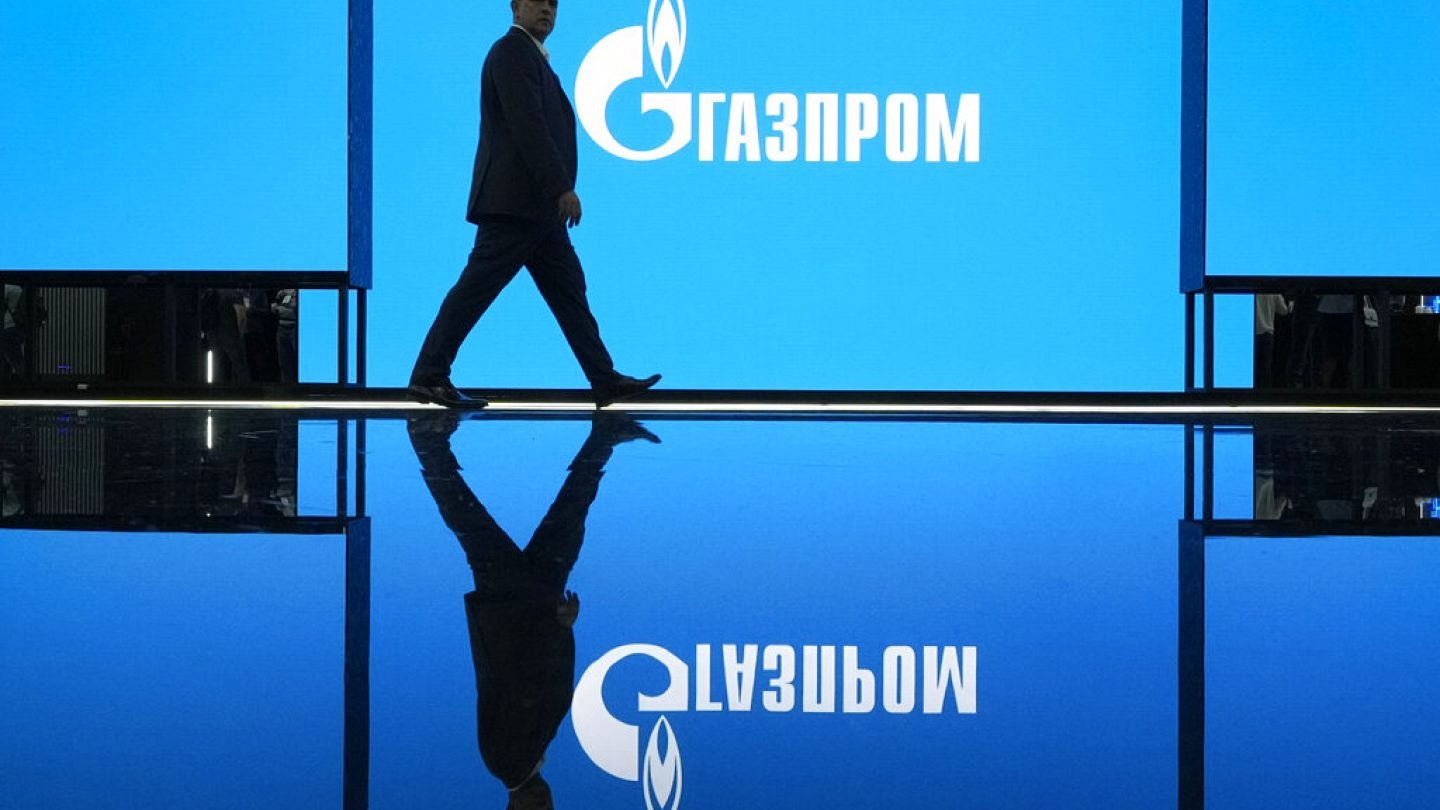Gazprom, the Russian energy giant majority-owned by the Kremlin, has recently announced its worst financial performance in over 20 years, posting a loss of 629 billion roubles (€6.38 billion) in 2023.
This loss far exceeded market expectations of a 447 billion roubles loss, as reported by Interfax news agency. In stark contrast, the company had reported a profit of 1.2 trillion roubles in 2022.
The company’s financial struggles are evident in its sales net loss of 364 billion roubles in 2023, a decline from the 1.9 trillion roubles profit seen in the previous year. Total revenue also dropped to 8.5 trillion roubles in 2023, a decrease from the 11.7 trillion roubles seen in 2022.

Gazprom plunges to first annual loss in 20 years (Credits: Al Jazeera)
The primary reason for Gazprom’s financial woes is the decline in its European exports, resulting from Europe’s ongoing sanctions against the company and several of its employees due to the Russia-Ukraine war. Prior to the conflict, Europe was the largest export market for both Russia and Gazprom, making this loss particularly devastating.
Gazprom’s struggles can be attributed to its attempts to use its gas supplies as leverage in regional conflicts, including those in Moldova, Ukraine, and Europe.
However, this strategy has backfired, as Europe has instead accelerated its search for alternative energy providers, such as the US, North Africa, and Qatar. These countries have offered support to help Europe stock up on natural gas, reducing its reliance on Russian supplies.
A milder-than-expected winter in 2023 led to reduced energy consumption, exacerbating Gazprom’s financial struggles. Natural gas prices have also stabilized following the Russia-Ukraine war, slashing the profits energy companies had enjoyed in previous years.

Gazprom (Credits: CNBC)
In an attempt to compensate for its dwindling European exports, Gazprom has been increasing its gas sales to developing nations like India and China, which have been taking advantage of cheaper Russian energy.
The company has been ramping up its natural gas supplies to China through a pipeline in Siberia. However, China’s reluctance to commit to a new 1,700-mile pipeline with Russia could deal an additional blow to both the country’s economy and its war chest.
Gazprom’s financial struggles have implications for Russia’s economy and its ability to exert influence through its energy supplies. As the company continues to change these challenges, its future prospects remain uncertain.























